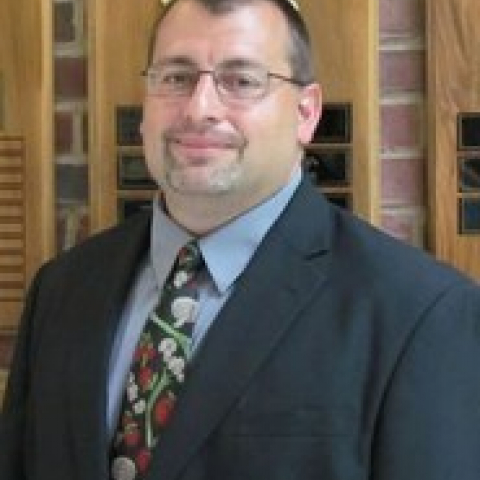Directory Search for "P"
Andrew Patterson
Professor and Huck Chair of Molecular Toxicology; Faculty Oversight, Metabolomics Core Facility
The Patterson lab is focused on understanding the host-metabolite-microbiome axis
Robert Paulson
Professor of Veterinary and Biomedical Sciences
The Paulson lab studies the mechanisms that regulate tissue regeneration with a focus on understanding the response to anemic and hypoxic stress
James Pawelczyk
Associate Professor of Physiology and Kinesiology
Neural control of circulation, particularly skeletal muscle blood flow, as it is affected by exercise or spaceflight.
Anthony Pedley
Assistant Research Professor
Nucleotide metabolism in mammalian cells and human disease
Gary Perdew
Director of the Center for Molecular Toxicology and Carcinogenesis; H. Thomas and Dorothy Willits Hallowell Chair in Agricultural Sciences
Mechanisms of receptor-mediated carcinogenesis.
Koraly Perez-Edgar
McCourtney Professor of Child Studies
Early temperament and influences on developmental trajectories. Biological substrates and cognitive mechanisms.
George Perry
Professor of Anthropology and Biology
Anthropological genomics, paleogenomics, human body size evolution, parasite evolution, and evolutionary medicine.
Center for Infectious Disease Dynamics
Jeffrey Peters
Distinguished Professor of Molecular Toxicology and Carcinogenesis
Roles of peroxisome proliferator-activated receptors (PPARs) in the regulation of homeostasis, toxicology, and carcinogenesis.
Alexandra Petryczenko
Psychology Graduate Student
The interplay of social and cognitive-affective processes as they contribute to internalizing disorders across the developmental trajectory, as well as exploring preventative interventions for youth at risk for internalizing disorders
















